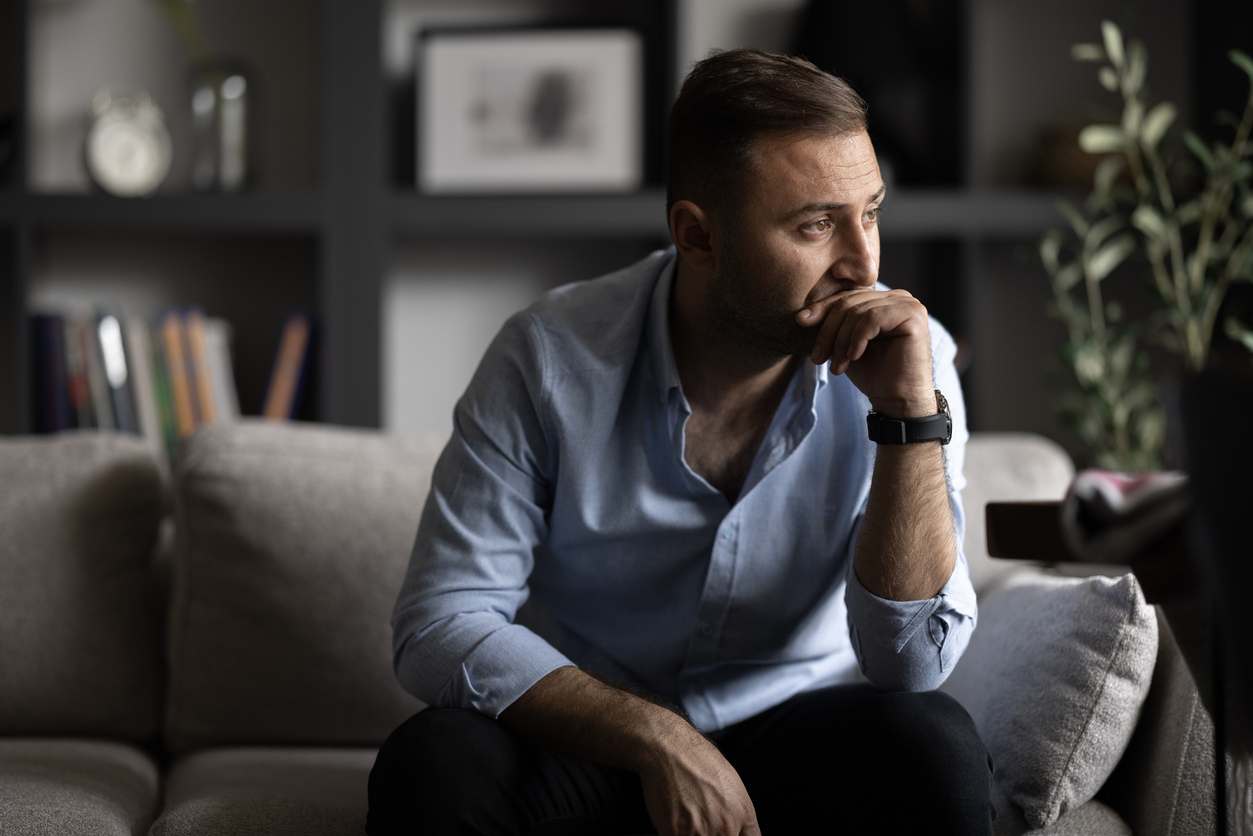High Functioning Anxiety: Signs and Coping Skills
Medically Reviewed by Mark Hrymoc, M.D., Chief Medical Officer, double-board certified in General & Addiction Psychiatry High-functioning anxiety refers to the ability to perform daily tasks and responsibilities despite experiencing anxiety. People with this condition may seem outwardly calm, confident, and competent, but internally, they’re dealing with intense feelings of worry, fear, and nervousness. This type of anxiety can manifest in different ways, and it’s often mistaken for being “productive” or “driven,” when in fact, it may stem from an overwhelming need to control, fear of failure, or perfectionism. Unlike traditional anxiety, which might lead someone to avoid certain situations or withdraw, those with high-functioning anxiety often push through and appear to be managing it well. However, this can be mentally and physically exhausting in the long run. Recent Research on High-Functioning Anxiety Recent studies have shed light on various aspects of high-functioning anxiety: Prevalence and Impact: A 2024 poll …






